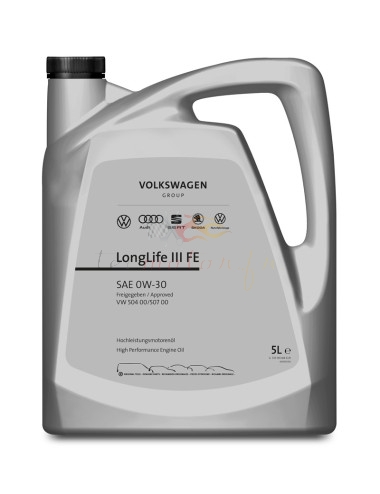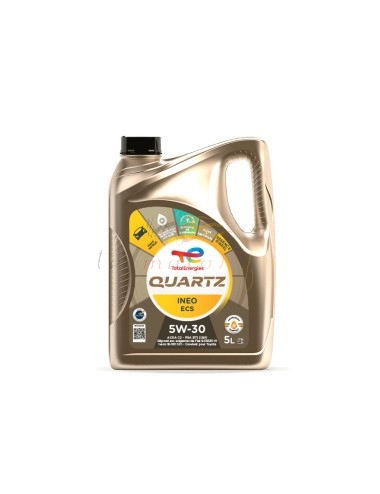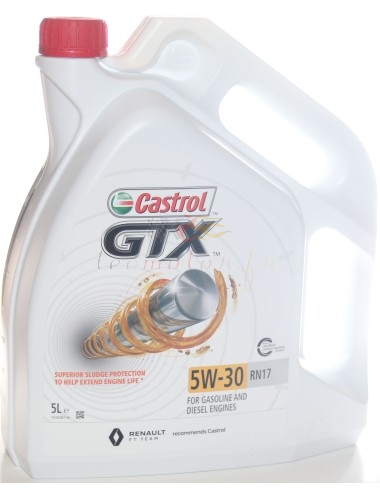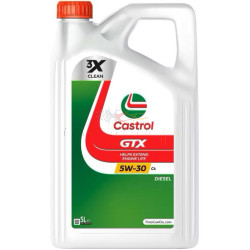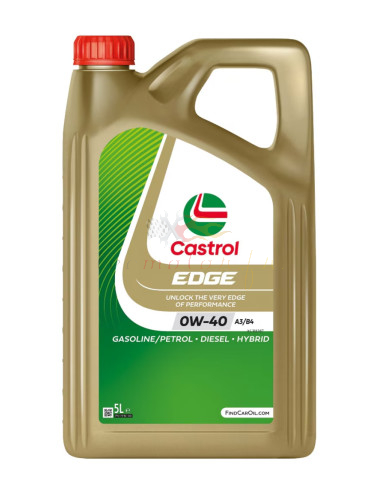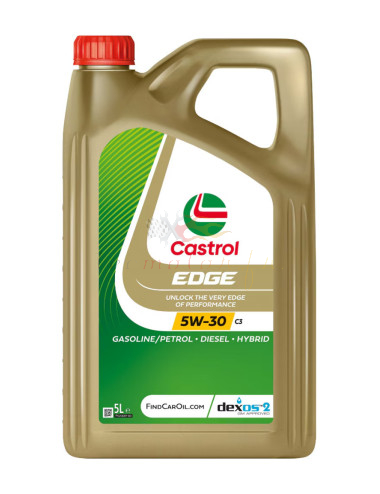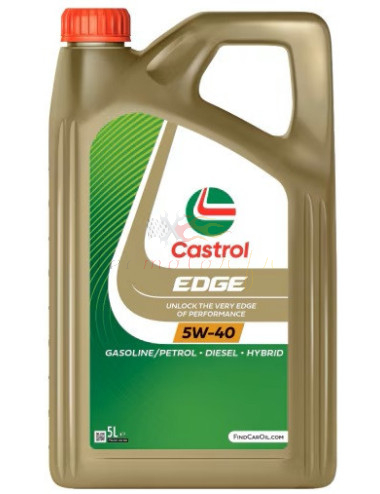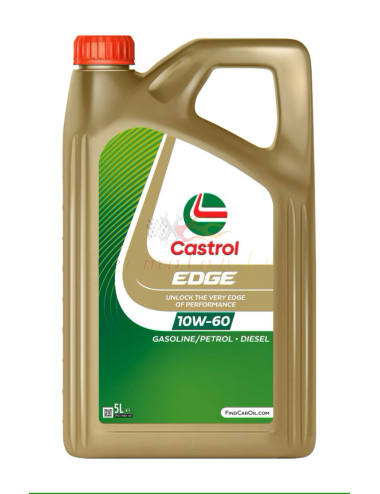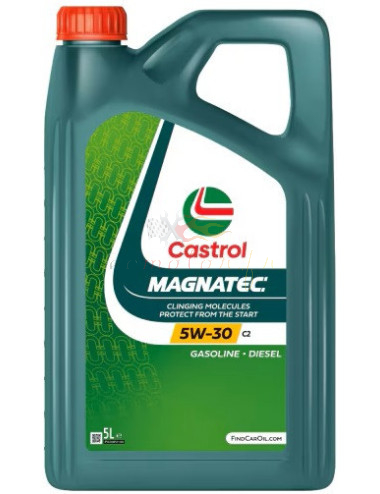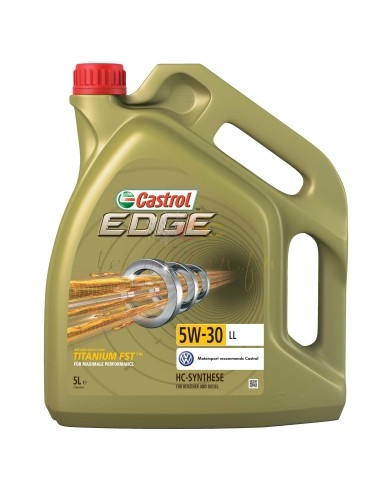Car Engine Oil by viscosity
Subcategories
-
0w20 oil
0w-20 oils are the smoothest at the moment
This type of oil is used on hybrid cars such as Toyota Priuses.
It is imperative to consult the vehicle instructions before using this type of product. -
0w30 oil
Grade 0w30 oil for fuel savings and optimal engine operation
A 0w30 engine oil is the most fluid on the market (apart from 0w-20 ) and allows performance and fuel consumption gains without comparison with more viscous oils.
Most engines, even from the 90s, support this very low viscosity, but you should still check your car's manual to see if there is a ban.
The synthetic bases used by the 0w30 grade oils sold by Tecmotor.fr allow maximum protection on the parts of the engine in critical lubrication.
The oil film remains very resistant under high stress and temperature, for example on the camshafts.
Because their HTHS viscosity at 150° is high and remains durable -
0w40 oil
0w40 engine oil an oil combines fluidity when cold and very high safety at high temperatures
A 0w40 engine oil makes it possible to make the "big gap" between great fluidity when cold (grade 0w) and a fairly high viscosity when hot (grade w-40)
An SAE 0w-40 oil is particularly interesting for engines which tend to dilute the lubricant such as on petrol Porsches or on Diesels equipped with particulate filters (DPF) whose regeneration leads to degraded combustion by delayed injections in order to increase the temperature of the DPF which therefore leads to a dilution of the oil by the diesel. -
5w20 oil
-
5w30 oil
5w30 engine oils combine cold fluidity and fuel economy
Find your 5w30 engine oil An SAE 5w-30 engine oil combines easy starting at low temperatures as well as fuel savings with its relative fluidity when hot w-30, thus limiting friction between cylinders and pistons.
Most LongLife oils have a viscosity of 5w30.
Since 2006 the majority of cars have been filled first with SAE 5w30 engine oil. -
5w40 oil
5w40 oil the standard for engine oils before the arrival of 0w-30 and 5w-30 oils
As early as 1997, most car brands filled up with engine oil for the first time with SAE 5w40 viscosity oil.
Many car engines in circulation today (before 2005) require an oil with a viscosity of 5w-40, 10w40 oils having been completely outdated for 15 years.
Certain 5w40 lubricants can be used with particle filters (FAP) and pump injectors on VW engines
Since 2005, 5w40 viscosity oils have been increasingly replaced by more fluid oils: 0w30, 5w30 or 0w40. -
10w60 oil
The 10w60 grade for exceptional protection of powerful motors
A 10w-60 viscosity engine oil is recommended for powerful and heavily used engines.
The w-60 grade allows a significant viscosity reserve in the case of engines diluting the oil very strongly: BMW M series, old Porsches, etc.
Despite everything with the 10w grade, the cold start remains correct. -
10w40 oil
The 10w40 grade if you have an old car
10w40 engine oil can still be used on very old cars.
This viscosity and the technique of these oils have not been suitable for cars for more than 15 years.
We recommend using at least 5w40 grade engine oil.
There are 24 products.
Active filters
To find the right engine oil:
Viscosity: the number before the “ W ” indicates the fluidity of the oil when cold. The number after the “ W ” indicates the hot viscosity.
A 0W-40 is more fluid when cold than a 5W-30 oil and a 5W-30 is more fluid when hot than a 0W-40 .
A 0w-40 engine oil is smoother when starting and at the same time more viscous when hot than a 5w-30 oil.
ACEA standard: when it contains a " C " (examples ACEA C2, ACEA C3...) these are oils designed for Diesel engines equipped with a DPF (or DPF, particle filter) they are also suitable for gasoline engines and Diesel without FAP.
The “ A ” in the ACEA standard concerns gasoline engines. For Diesel it is the letter “ B ”. All oils are Petrol/Turbo-Diesel and therefore have A and B standards attached
For oils compatible with FAP The ACEA Cx standard is combined with ACEA Ax/Bx
All current car engine oils are suitable for both Diesel and Petrol engines.
Whether your oil is ACEA A1/B1 or A5/B5 does not reflect a difference in quality but corresponds to manufacturer requirements. The most common engine oils frequently have the ACEA A3/B3/B4 standard.
The exception is the ACEA A2/B2 standard which is completely outdated.
API standard: Non-transposable American standard for European car engines.

